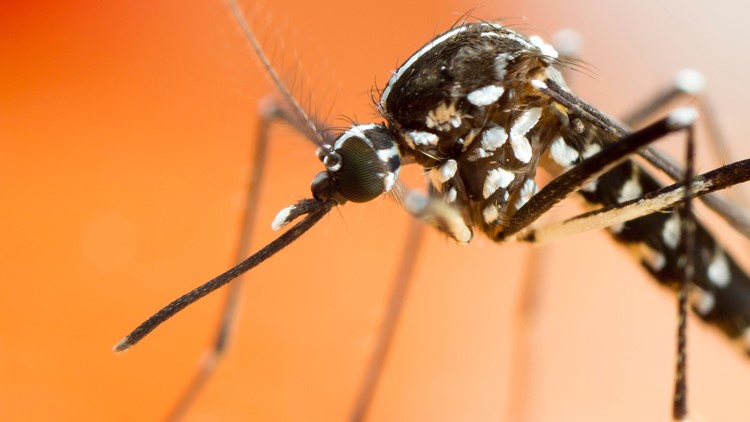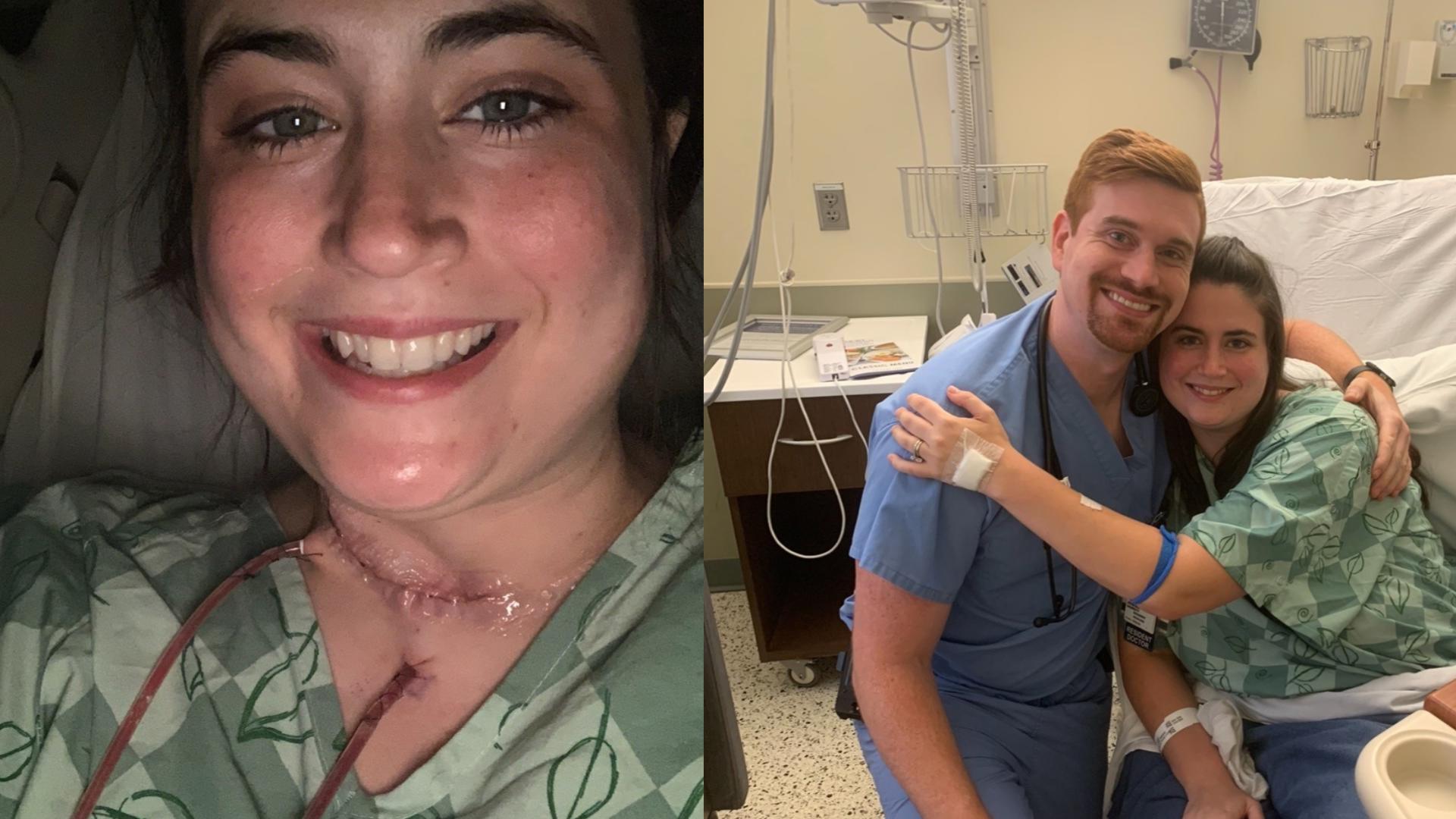DeKalb County is warning its residents that mosquitoes have tested positive for West Nile Virus in one part of the county.
The county's health board announced on Friday that it had caught the insects in the city of Tucker, specifically on the southeastern side of town. Despite the find, they have yet to have any cases of the virus found in humans.
While a majority of those infected with West Nile don't show any symptoms, the Centers for Disease Control and Prevention reports that 1 in 5 people develop fever and other signs of the virus. About 1 out of 150 people infected with the virus develop serious - or even fatal - symptoms.
According to the CDC:
- Symptoms of severe illness include high fever, headache, neck stiffness, stupor, disorientation, coma, tremors, convulsions, muscle weakness, vision loss, numbness and paralysis.
- Severe illness can occur in people of any age; however, people over 60 years of age are at greater risk. People with certain medical conditions, such as cancer, diabetes, hypertension, kidney disease, and people who have received organ transplants, are also at greater risk.
- Recovery from severe illness might take several weeks or months. Some effects to the central nervous system might be permanent.
- About 1 out of 10 people who develop severe illness affecting the central nervous system die.
The latest data provided by the CDC, from July 10, shows no signs of West Nile at all in the state, but Alabama has already had cases of human infection and Florida has had non-human infections.
While DeKalb County has a program in place to control the spread of mosquitoes - and with them the diseases they can carry - they have also released a few tips for residents who wanting to reduce the risk of a bite.
Precautions include:
- Eliminating standing water in gutters and items such as planters, toys, wheelbarrows and old tires to get rid of breeding grounds.
- Trimming grass, weeds and vines to discourage mosquitoes from resting in the yard.
- Reducing outdoor exposure at dawn and dusk when the type of mosquitoes that carry the virus are most active.
- Wearing a long-sleeved shirt, long pants and socks when outdoors - especially at dusk and dawn.
- Making sure window and door screens fit securely to keep the insects out of the home.
- Using insect repellent containing DEET, picaridin, oil of lemon eucalyptus or IR3535 and follow the instructions when using them.
- Spraying clothing with products containing permethrin.
For those that get West Nile, there is no vaccine or specific treatments though over-the-counter pain relievers can be used to reduce fever and relieve various symptoms.
Some with severe symptoms may have to go to the hospital. Though symptoms can vary in severity, anyone who thinks they have West Nile should speak with a doctor.
Residents can find out more about the virus at the county's West Nile website or on the CDC's online fact sheet.



